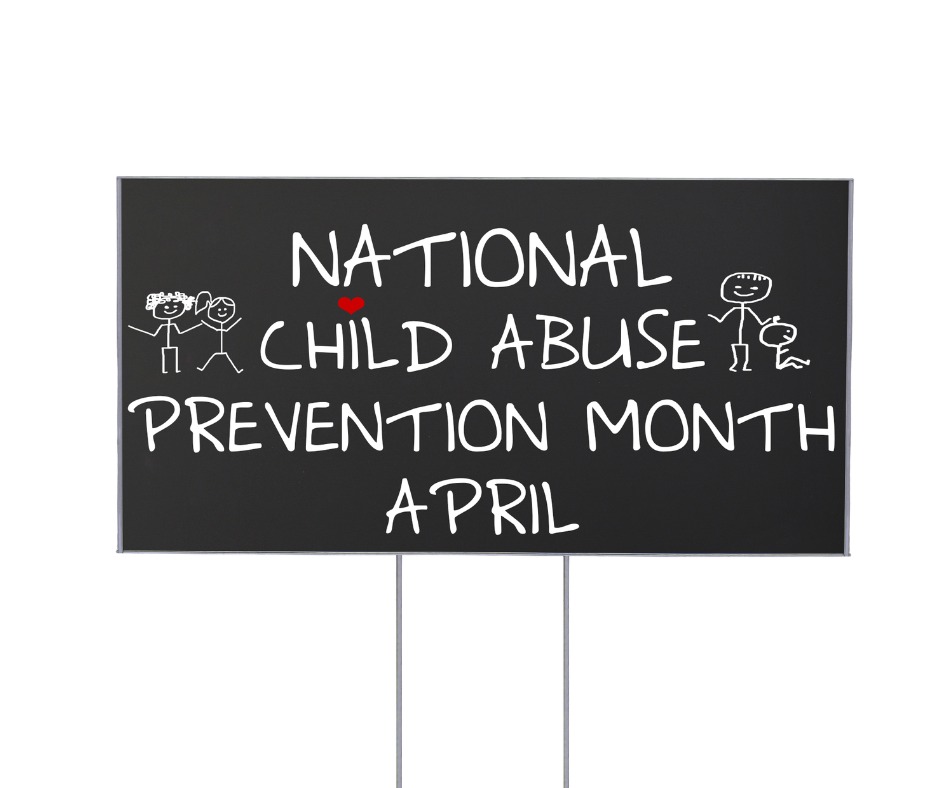National Child Abuse Prevention

April National Child Abuse Prevention Month
April is National Child Abuse Prevention Month. The US Department of Health and Human Services has a website with a wealth of resources to help prevent child abuse and also to help parents deal with various stages of child development:
Here are a few highlights:
Babies: For example, it is critical to bond with your baby during the first few years of life to help to ensure the growth of the baby’s body and mind. Touching, affection, and holding your baby when she is fussing and crying for long periods is essential. When changing diapers, feeding, or bathing your baby, look into his eyes, smile, and talk to your baby.
Toddlers: When your toddler has a temper tantrum, try to direct your child’s attention to something else, give your child a choice in small matters, and praise your child when she shows self-control and expresses feelings with words. Don’t you also lose control; remain calm and wait out the tantrum.
School-age children: School-age children mature unevenly. They may still throw tantrums or need to be reminded to brush their teeth, for example. They may get distracted easily and may be overly concerned about “fitting in.” Model the behavior you want them to see. Communicate with them with respect. Talk with them about what you expect. Offer support and understanding about issues with school and friends. Talk with your children about values early on.
Teens: Teens may spend less time with you and more with their friends. They are likely craving independence, questioning rules and authority, testing limits, being impulsive, and making mature decisions sometimes but childish ones other times. Many children’s brains don’t finish developing until the age of 25. Try to take advantage of routine activities to reinforce the connection between you and your teen; make room in your schedule for special times. Have family meals (at least schedule some “required,” regular nights for such meals). Get and stay involved. Be interested. Set limits. Get to know your children’s friends.
For more insights, please visit the website listed above.
Strong and Thriving Family Tip Sheets, Babysitting Vetting Guide






